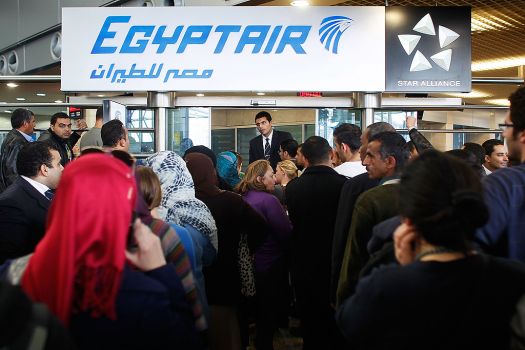Egypt’s Minister of Finance, Ahmed Kouchouk, announced that the second package of tax facilitations will be introduced by the end of October 2025, with the proposals set to be opened for public consultation in November. The move is part of a broader effort by the government to ease the burden on taxpayers, improve service quality, and strengthen confidence in the tax system.
Speaking during a public dialogue with exporters at a conference organized by the Engineering Export Council of Egypt (EEC), Kouchouk stressed the importance of supporting the private sector and building a modern, responsive fiscal environment. He stated that the new package would focus on incentivizing current taxpayer partners through trust-based reforms aimed at increasing compliance and certainty.
He affirmed the government’s commitment to reducing tax liabilities and enhancing services, describing the reforms as essential to supporting economic growth and fostering deeper trust between the state and the business community. The session, which also featured Minister of Investment and Foreign Trade Hassan El-Khatib, reflected close coordination between the two ministries in aligning fiscal and investment policies to boost industrial and export competitiveness.
Kouchouk revealed that a central electronic platform will soon be launched to allow for the netting of government receivables and payables for investors, a step designed to improve liquidity and ease financial pressures on businesses. Additionally, the VAT refund system will undergo comprehensive development and re-engineering to speed up procedures and make them more efficient. He noted that around EGP 7bn in VAT refunds had already been disbursed to private sector partners—three times the annual average of previous years.

The Finance Minister also outlined a plan to leverage the electronic integration of Egypt’s tax and customs systems to offer new incentives for investors. A simplified and user-friendly guide will be published explaining tax treatments for exported services, with the goal of supporting the growth and competitiveness of Egypt’s service exports. He underscored the government’s intention to fully implement the simplified tax system for small businesses and entrepreneurs, aiming to make it easier for them to grow and compete in the domestic and global markets.
Kouchouk highlighted the strength and resilience of Egypt’s private sector, which he said had achieved a 73% increase in private investment. He thanked the business community for its continued confidence in Egypt’s economic and fiscal policies. He also pointed out that tax revenues grew by 35% following the implementation of the first tax facilitation package, without any additional tax burdens. To ensure accountability and transparency, the government has contracted with several neutral and specialized institutions to evaluate the impact and effectiveness of the reforms.
A major announcement included the launch of a fully funded export burden refund programme, with EGP 45 billion allocated from the state budget—marking the first time such a programme has been financed in full. Under the new system, 50% of overdue payments owed to exporters are being disbursed in cash, while the remainder is being settled against outstanding receivables due to the government, including taxes, social insurance, and energy payments.

Kouchouk confirmed that the Ministry of Finance, in coordination with the Ministry of Investment and Foreign Trade, is working on a number of investment and trade-related reforms. These include a revision of the solidarity contribution for comprehensive health insurance to ensure it is fairer and better aligned with the needs of the business community. He emphasized that the state would continue to shoulder the cost of the contribution difference to ensure sustainability and reduce burdens on enterprises.
For his part, Minister Hassan El-Khatib emphasized the importance of strong partnerships with the private sector and creating a business climate that is attractive to both local and foreign investors. He noted that the government is supporting private sector development through a combination of monetary policies led by the Central Bank and fiscal policies driven by the Ministry of Finance. He highlighted the progress made in reducing customs clearance times, which has helped lower costs and improve the efficiency of trade operations.

El-Khatib underscored the government’s ambition to position Egypt among the world’s top 50 trading nations. He said the newly expanded export burden refund programme reflects the state’s commitment to boosting exports and enhancing their global competitiveness. Acknowledging the challenges faced by investors, he reaffirmed that the government is actively addressing these issues through continuous consultation and coordination with stakeholders.
He also noted efforts to deepen Egypt’s trade ties with key global markets, particularly in Africa, while also targeting expansion in Europe and other regions. He revealed that many international companies operating in Egypt’s automotive sector are focusing on exports and that the government is actively supporting the localization of car manufacturing to strengthen Egypt’s position as a regional production and export hub.
Sherif El-Sayyad, Chairperson of the Engineering Export Council, praised the level of coordination between the Ministry of Finance and the Ministry of Investment and Foreign Trade. He said this harmony had led to concrete improvements in export performance and competitiveness. He credited government efforts to expedite the refund of export burdens and ease customs procedures as key factors behind the steady annual growth of 26% in engineering exports over the past five years.
El-Sayyad concluded by expressing optimism about the current policy direction and reaffirmed the private sector’s readiness to work closely with the government in driving further export growth and economic development.



